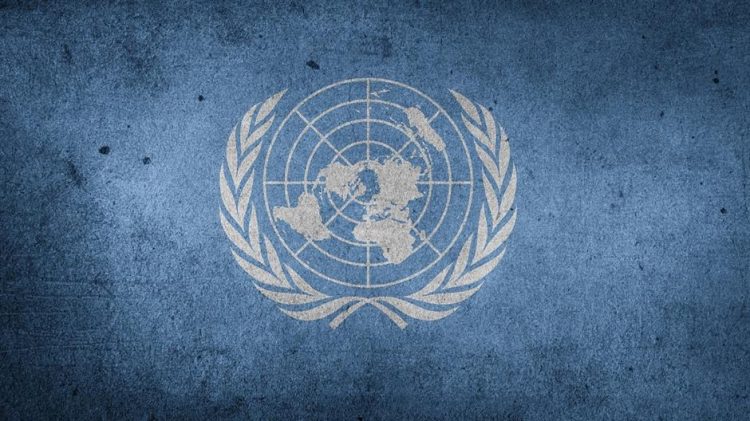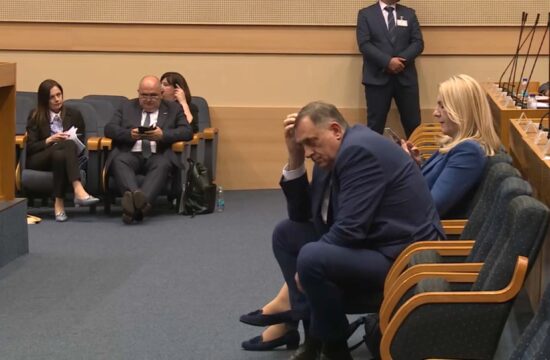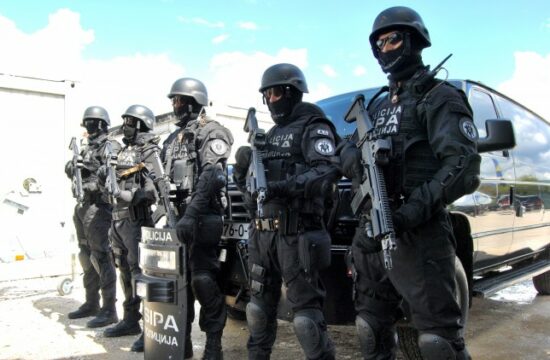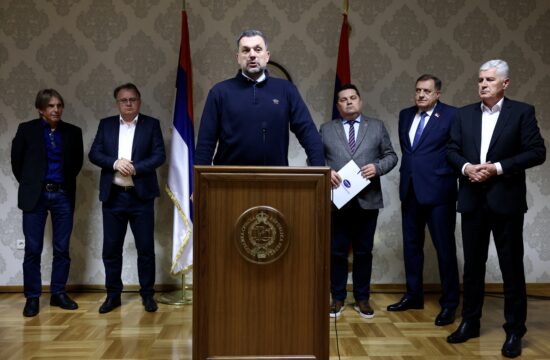
Intensive meetings of the leaders and sincere dialogue on the past without denying the facts are preconditions for permanent reconciliation and stability in the region, UN Secretary General’s Special Adviser on the Prevention of Genocide Adama Dieng said during a meeting with Bosnia’s Presidency Chairman Zeljko Komsic.
The two officials discussed the importance of the genocide prevention project, agreeing that every denial of genocide and crimes in Bosnia is unacceptable.
Dieng said he visited Bosnia on several occasions, where he got the full image of what was happening in this region, and with an aim to carry out further activities on the genocide prevention.
According to him, intensive meetings of the leaders and sincere dialogue on the past, without denying of facts, are a precondition for permanent peace and stability in the region.
#RT @UN_GP_RtoP: H.E. Mr. Zeljko Komsic, Chairman of the Presidency of Bosnia and Herzegovina and Special Adviser Dieng agreed on the need for joint participation in memorialization events for #reconciliation and trust-building in Bosnia and Herzegovina … pic.twitter.com/p7IoNWZNyZ
— United Nations Against Persecution and Genocide (@UNagainstPG) September 27, 2019
Chairman Komsic emphasised as “absurd” the fact that Bosnia’s Serb-dominated entity is even today “institutionally denying the genocide against Bosniaks in Srebrenica and Podrinje” while the genocide against the Serbs, Roma and Jews from the WWII period is openly denied in neighbouring Croatia by some individuals, said the Presidency’s statement.
“One genocide does not diminish or relativise another,” said Komsic adding that genocide prevention projects must have a specific approach for every region and that one should not fall into a trap of a superficial approach.
Hate leads to nowhere and everyone should take part in a dialogue towards the future of new generations.
The Presidency Chairman invited the UN Secretary-General Antonio Guterres and Adama Dieng to attend the 25th anniversary of Srebrenica genocide next year.
The eastern Srebrenica region was a UN-protected zone in the 1992-95 Bosnian war but despite that, it saw a mass killing of over 8,000 Muslim men and boys, which two international courts ruled was an act of genocide.




